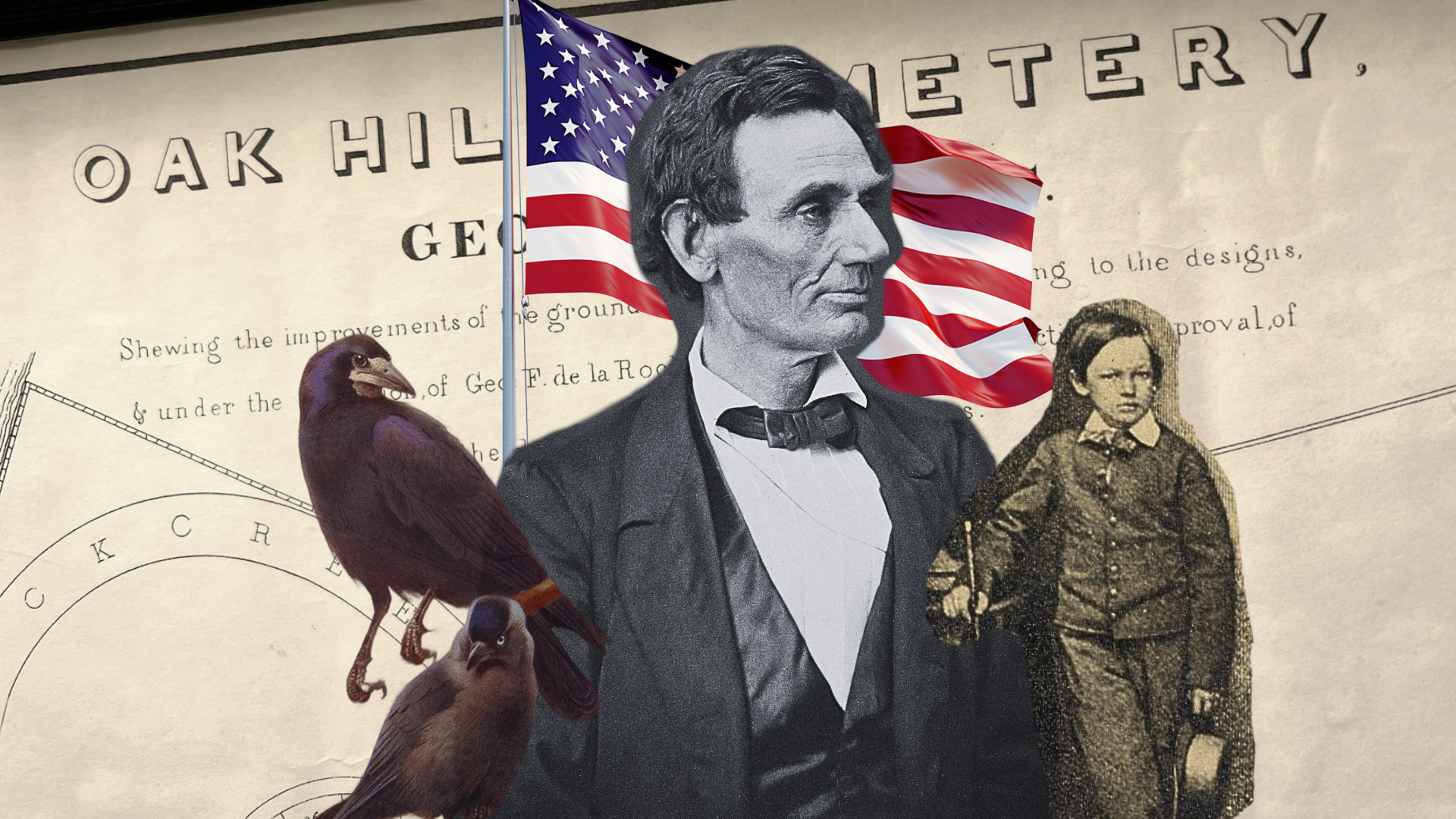The Real History Behind Dua’s Monthly Read For October, Lincoln In The Bardo
George Saunders is the author of Lincoln In The Bardo – Dua’s Monthly Read for October – following Abraham Lincoln’s 11-year-old son, Willie Lincoln, as he is pushed into a state of limbo after his premature death at the start of the American Civil War. To help you further understand the context of a story rooted in history, Mark Lynas explores the world of President Abraham Lincoln, from his struggles of losing his son to his place in history.
February 1862 saw US President Abraham Lincoln under immense pressure. The Civil War, which broke out the previous year, was going badly. The first Battle of Bull Run on 21 July 1861 had seen the Union army defeated and forced into a panicked retreat back towards Washington DC. The city itself – just 30 miles away and critically important as the capital of the United States – had to be urgently defended with a ring of forts and gun batteries. If Washington fell, the southern Confederacy might win the war and the United States, then less than a century old, would cease to exist.

The American Civil War was largely about one thing: slavery. The United States was politically divided between the free North and the slave-owning, cotton-producing South. Southern states, led by South Carolina, decided to break away (or ‘secede’) from the Union because they feared becoming a slave-holding minority within a larger America as new non-slave territories (such as Kansas and Nebraska) to the west of the Mississippi were added, and that this would lead to the ultimate abolition of slavery altogether.
The election of Abraham Lincoln as president in November 1860 had brought the crisis to a head because Lincoln – while not yet an outright abolitionist – opposed the extension of slavery to the new territories. The southern states – including Mississippi, Florida, Alabama, Georgia, Louisiana and Texas – organised themselves in a new pro-slavery Confederate States of America. The war began on 12 April 1861 when Confederate forces bombarded the federal US military at Fort Sumter, South Carolina, forcing its surrender.
George Saunders’ novel Lincoln In The Bardo is set at a critical time when, after a series of battlefield reverses, the Union is beginning to turn the Confederate tide. In particular, the surrender of Confederate-held Fort Donelson to the Union general Ulysses S Grant on 16 February 1862 – just four days before the death of Willie Lincoln in the White House – was an important victory, gaining much of Kentucky and Tennessee for the Union. But with over a thousand dead on each side the casualty lists, quoted from multiple sources (real and imaginary) by Saunders, were shocking.

Lincoln’s private grief at the death of his son is thematically intertwined in the novel with his concern for these mounting Civil War casualties. Fittingly, it is the ghost of an enslaved Black man, Thomas Havens, who inhabits Lincoln’s body and mind and (perhaps) helps convince the wavering president that the cause of abolishing slavery is indeed worth the sacrifice. Lincoln’s Emancipation Proclamation – which declared all enslaved people free in the as-yet unconquered South – was issued on 1 January 1863. Thus four million Black slaves were eventually liberated, though at an ultimate cost of three-quarters of a million killed by the time the war ended in May 1865.
President Lincoln never saw the war’s formal end. He was assassinated – shot in the head at point-blank range – on 14 April 1865, by actor John Wilkes Booth, a Confederate sympathiser, in a Washington theatre. Willie’s casket was exhumed from its temporary resting place – and the setting for Lincoln In The Bardo – at Oak Hill Cemetery, and travelled with the president’s body on his funeral train, murdered father and mourned son returning home together to Illinois.




